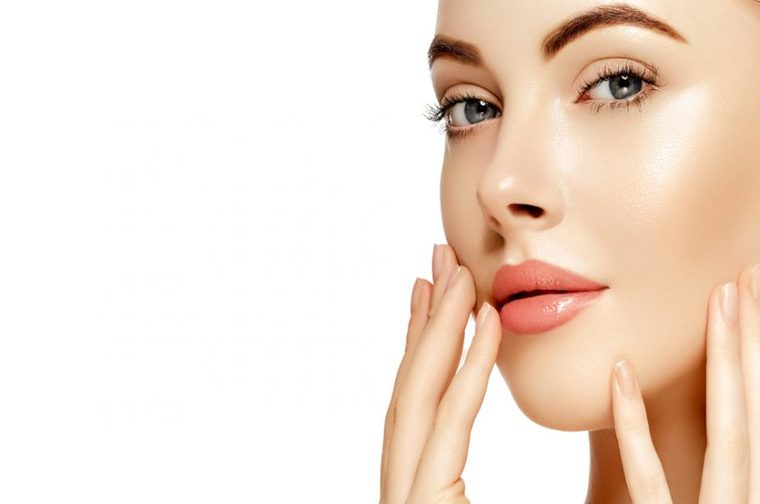The largest organ in the body, our skin is one of the first places to show signs of problems within the body, particularly deficiencies and imbalances. Most of the time despite our efforts to eat well our bodies lack essential nutrients needed for skin health.
Micronutrients are vital for good health and radiant skin, but almost everyone survives on less than optimum levels and it actually shows on our skin.
What are micronutrients?
Macronutrients are the different types of food such as fats, carbohydrates, and proteins.
However, our body is breaking these components down even further to produce the very building blocks of our food such as vitamins, minerals, amino acids and essential fatty acids. These are known as micronutrients.
Micronutrients are essential for glowing skin and vibrant health. Keep in mind the recommended daily allowance for micronutrients are simply the minimum levels to prevent serious diseases associated with deficiencies. To truly thrive rather than just survive, you will likely benefit from more than the minimum levels.
How are the micronutrients affecting your skin?
The appearance of your skin will be a good indicator as to whether your body is suffering an imbalance or a deficiency of micronutrients.
There are many ways in which an imbalance could manifest, such as dryness, wrinkles or even conditions such as psoriasis, eczema or acne. Of course, it is a good idea to exclude other causes, for example, an autoimmune disease.
There are several different underlying causes, but I find that micronutrient deficiencies are, at least in part, a primary root cause for many skin problems.
3 top micronutrients for the skin
It’s important to understand that although there are several micronutrients that are particularly good for the skin, they will only achieve the maximum benefit when used in combination with others. Micronutrients help each other to be absorbed by the body, so focusing on just one in isolation generally does not give you the best results.
So let’s talk about the antioxidants because of their multiple roles in our body. The body can be damaged by free radicals (certain types of oxygen molecules) but antioxidants can destroy them. This, in turn, will help cells to renew and regenerate, which is particularly helpful for premature aging and sun-exposed skin. Examples of these are Vitamins A, C, E as well as lycopene and beta-carotene. Where can you get them? Berries, dark Essential fatty acids chocolate, green leafy vegetables, herbs just to name a few. It is also important to diagnose a micronutrient deficiency with a blood test and replace it with the appropriate dose and a high-quality supplement.
Vitamin D3 is another healing skin micronutrient that can be particularly useful for combating psoriasis if the cause is a deficiency. Vitamin D deficiency has been linked to eczema, acne, wrinkles, and it can make your skin sweat too much.
Essential fatty acids are also essential micronutrients for skin health. Why? Because most skin conditions have an underlying inflammatory cause and the anti-inflammatory effects of Omega 3s can help to counteract this. One can get the fatty acids from wild caught fish, flaxseed oil, nuts, or chia seeds. There are also supplements available but always remember to look for a high-quality product!
One more thing
If you have any bloating, nausea or any type of digestive problems you are at risk for micronutrients malabsorption. Consider supporting your digestion and absorption of micronutrients with digestive enzymes and probiotics.Talk to your functional medicine doctor about getting tested for absorption issues, nutritional deficiencies and also replacement therapy.
To your vibrant health and skin,
Dana Neacsu





